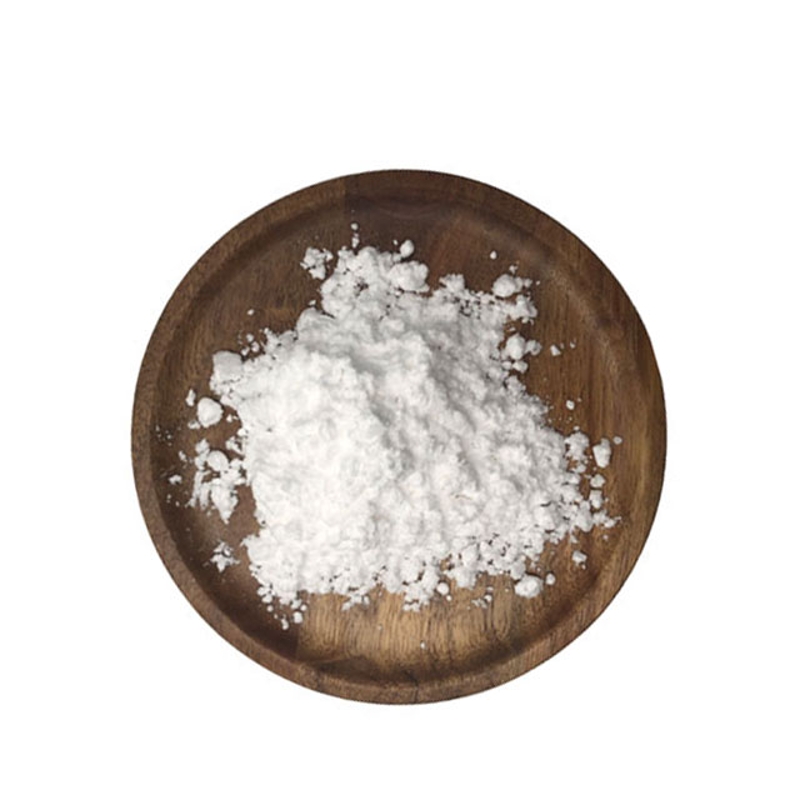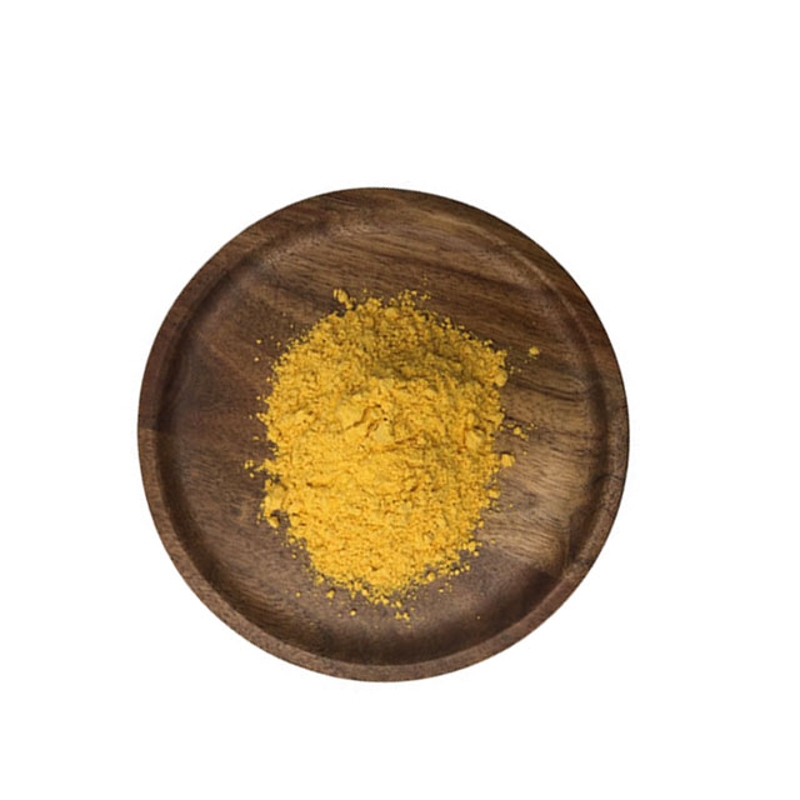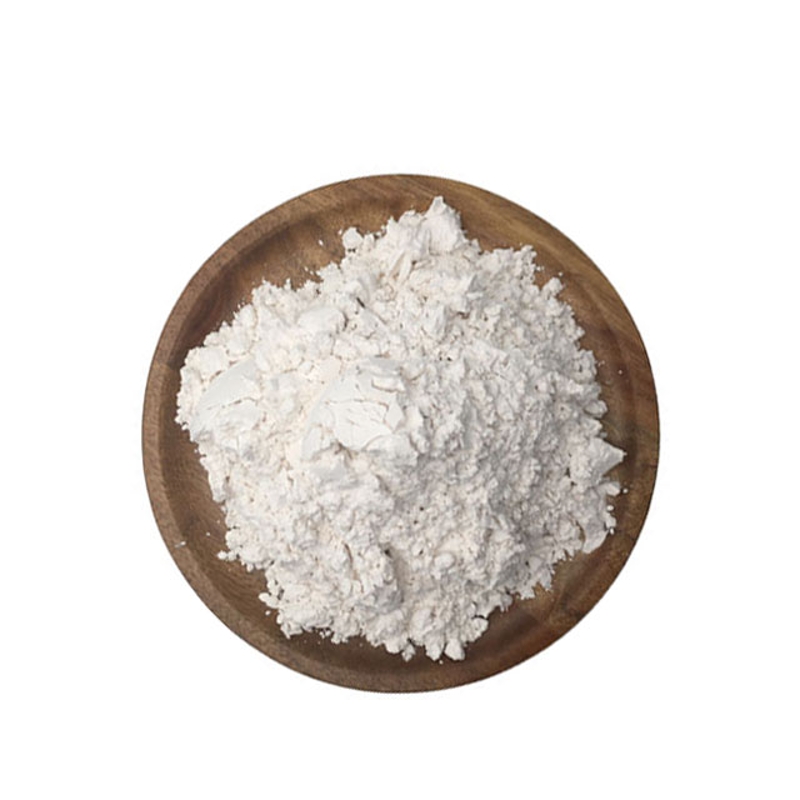-
Categories
-
Pharmaceutical Intermediates
-
Active Pharmaceutical Ingredients
-
Food Additives
- Industrial Coatings
- Agrochemicals
- Dyes and Pigments
- Surfactant
- Flavors and Fragrances
- Chemical Reagents
- Catalyst and Auxiliary
- Natural Products
- Inorganic Chemistry
-
Organic Chemistry
-
Biochemical Engineering
- Analytical Chemistry
- Cosmetic Ingredient
-
Pharmaceutical Intermediates
Promotion
ECHEMI Mall
Wholesale
Weekly Price
Exhibition
News
-
Trade Service
The human microbiome is also complexly linked to our health, which we have evolved, lived together, and lived together.
, for example, the diversity and composition of the gut flora, which we often say, are unique health-related characteristics for everyone.
and looking beyond the digestive tract, the association between microbes and cancer in different tissues of the human body has been explored more in recent years.
an article in the July issue of The Lancet-Oncology provides a brief overview of current research progress on this interesting topic.
predictthe efficacy of immunotherapy With the development of immunotherapy, especially immunotherapy, especially immunocheckpoint inhibitorthes such as anti-PD-1/PD-L1, and anti-CTLA-4, one phenomenon has also been observed: these innovative therapies have brought about changes in cancer treatment, but only some patients respond to immunotherapy.
the discovery of biomarkers in order to identify patients who have the potential to benefit from them, gut microbes are one of the potential clues.
a growing body of research showing that patients' gut microbiome characteristics are associated with therapeutic or toxic side effects after receiving immunotherapy.
2018, "Intestinal Flora and Cancer" was featured on the cover of Science.
one of the studies, from the MD Anderson Cancer Center team, showed significant differences in the diversity and composition of the intestinal microbiome between patients who were treated with melanoma who were treated with anti-PD-1 immunotherapy.
samples of the fecal microbiome of the responders, the Ruminococcaceae bacteria had higher abundance, a richer anabolic pathway in the body, and stronger systemic immunity and anti-tumor immunity.
even more interesting is the prospect that this association between the gut microbiome and the treatment response will be regulated. Another study by the
MD Anderson Cancer Center team at the 2019 annual meeting of the American Association for Cancer Research (AACR) also showed that diet may also affect the effectiveness of anti-PD-1 therapy through the effects of intestinal flora.
patients who took probiotic supplements or using antibiotics had poorer intestinal microbiomedinods, especially probiotics, which may indirectly affect treatment outcomes.
however, the DNA sequencing of intestinal flora in existing studies is mostly limited to "genus" levels, limiting further exploration of the association between specific bacterial strains and patients' responses to immunotherapy.
to provide more granular data, Microbiotica UK, Cancer Research UK and Cambridge University Hospitals NHS Trust launched a partnership in June this year to conduct cancer microbiome studies through two large trials aimed at identifying microbiomes with beneficial immunotherapy effects and developing microbiome therapy as an accompanying treatment.
one of the pilot schemes, called MITRE, is to recruit 1,800 melanoma, lung and kidney cancer patients in the UK.
effects on common chemotherapy may also have an impact on immunotherapy, and emerging evidence suggests that patients' responses to traditional chemotherapy may also be regulated by intestinal flora and dietary interactions.
an animal experiment published in May in Nature Communications showed that in online insects, diet ingredients thoracic and serine can enhance the toxic response of fluorourea-type drugs through microbial metabolic mechanisms.
, the metabolism of E. coli to folic acid is a key factor affecting drug toxicity.
in the treatment of gastrointestinal cancer, fluorourea is the main component of chemotherapy program.
nematodes are a relatively simple experimental model compared to mammalian experiments, the observed interaction between microorganisms, diet and host and therapeutic drugs suggests that the effects of microbial participation in actual human patients may be more complex.
also have microbes growing in tumors, scientists are increasingly realizing that tumors that also grow in the human body may in themselves be hosts of microbes.
a recent study published in Science by the Weizmann Institute of Science in Israel, the microbiome of 1,526 human tumors or neartissue tissue samples was assessed on seven types of cancer.
found that each tumor type of sample has a unique microbiome composition, in which breast cancer is particularly rich in microbial composition, each breast tumor sample has an average of 16.4 bacteria, while the other six tumors in a single sample of less than 9 bacteria.
team has observed that most of these bacteria are present inside cells, including cancer cells and immune cells. More interestingly,
, these bacteria or their potential functions are associated with tumor type, patient smoking status, and response to immunotherapy.
, for example, there are striking similarities between the microflora in a single tumor sample in any particular type of tumor.
, for example, non-small cell lung cancer tissue samples in smokers appear to be rich in bacteria that degrade cigarette chemicals.
, Dr Andreas Behren, of the Olivia Newton-John Cancer Institute in Australia, said: "This study proves that much remains to be done about the potential role of bacteria in tumors and how they affect the microenvironment of tumors.
study also inspired us to explore the link between innate immunity and cancer immunity.
" as a treatment to improve human health is one of the problems that many studies look forward to solving.
have some preliminary results from metabolic diseases such as infection, inflammatory disease and even obesity.
look forward to the cancer field, driven by these insights, the function of the microbiome will also be more understanding, early for cancer diagnosis and treatment of new strategies.
.







